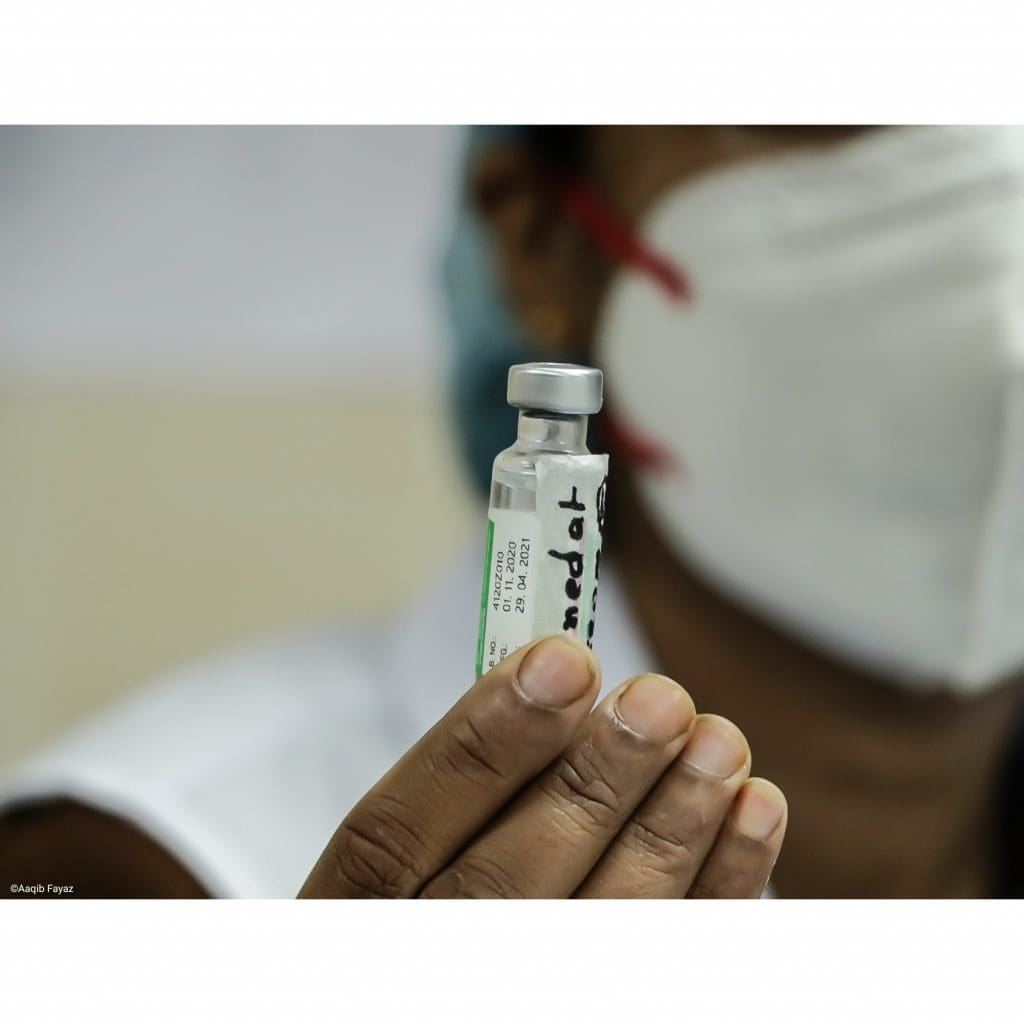
A report by the Economist Intelligence Unit published last week shows that more than 85 poor countries will not have widespread COVID-19 vaccine before 2023. Depending on where you live, the mass rollout of vaccines will take time although developed countries have started vaccinating since the beginning of 2021.
The report shows that in many locations it will take years before a majority of the adult population has received the vaccine. In early 2021 three major vaccines, from Pfizer (US)-BioNTech (Germany), Moderna (US) and AstraZeneca-Oxford University (UK), will be rolled out on a massive scale in developed countries.
Most low-income countries will be relying on COVAX, an initiative led by the World Health Organization that aims to secure six billion doses of vaccine for poorer countries. The first two billion of these will be given in 2021, according to WHO
However, COVAX supplies may be slow to arrive, especially if delays in the production for and delivery to richer countries push back delivery dates for poorer nations. The WHO chief has raised concern over vaccine nationalism.
While major economies in Latin America are expected to achieve widespread coverage by mid-2022, the picture looks bleaker in Asia. Most emerging economies here are expected to take until the end of next year to achieve the feat. Even in the region’s advanced economies, vaccinations are starting up slower than elsewhere.
Japan will only start its campaign in late February and is expected to arrive at majority immunization by mid-2022, just like South Korea and Vietnam.
Most European nations as well as the U.S., Israel and the Gulf states are on this trajectory as well, according to the EIU. Yet, problem of supply and (fair) distribution of the Pfizer and AstraZeneca vaccines could cause some delays here.
Currently, the UK has been getting ahead of its European in vaccination speed but stands accused of being favored by AstraZeneca (whose vaccine was developed together with the University of Oxford).
In many of the world’s developing nations, the vaccination timeline is expected to extend into 2023. This includes large parts of Africa. While the cheap and easy-to-store AstraZeneca variety will be given out to poorer countries through the Covax initiative, Russia, India and China are also vying for contracts for their vaccine varieties in what the report dubs a boom of vaccine diplomacy.
While the Chinese vaccine by Sinopharm has already been approved in Egypt and is also expected to go to Peru, Morocco and Hungary, another Chinese variety, Sinovac, will ship in significant volumes to Indonesia, Brazil, Chile, Turkey and the Philippines.
Russia’s biggest contracts are with India and Vietnam, while India will ship to Brazil.



